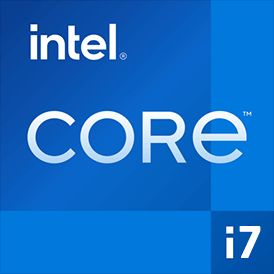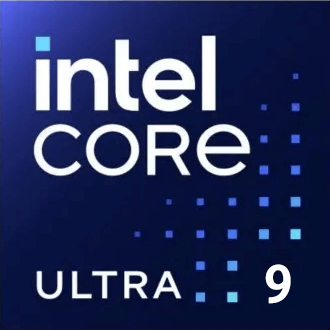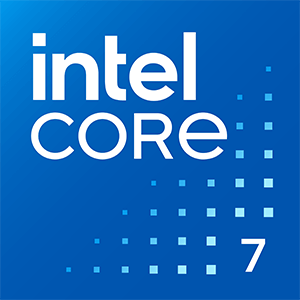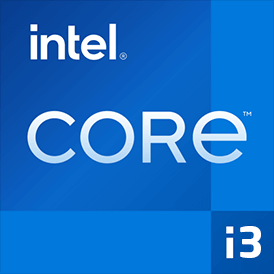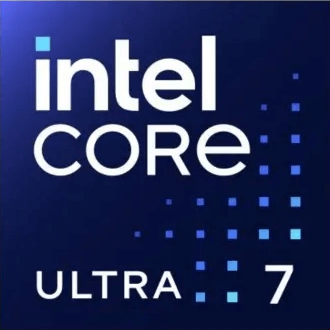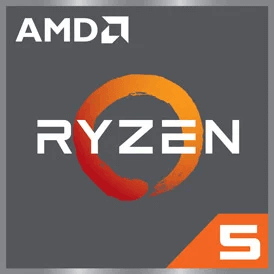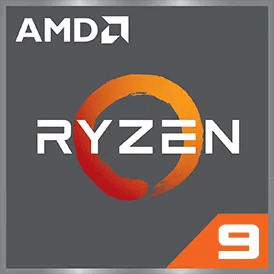Intel Core i7 7700HQ vs Intel Core Ultra 9 285H
We compared two laptop CPUs: Intel Core i7 7700HQ with 4 cores 2.8GHz and Intel Core Ultra 9 285H with 16 cores 2.9GHz . You will find out which processor performs better in benchmark tests, key specifications, power consumption and more.
Main Differences
Intel Core Ultra 9 285H 's Advantages
Released 8 years late
Better graphics card performance
Higher specification of memory (8400 vs 2400)
Larger memory bandwidth (102.4GB/s vs 37.5GB/s)
Newer PCIe version (5.0 vs 3.0)
Higher base frequency (2.9GHz vs 2.8GHz)
Larger L3 cache size (24MB vs 6MB)
More modern manufacturing process (3nm vs 14nm)
Score
Benchmark
Cinebench R23 Single Core
Intel Core i7 7700HQ
877
Intel Core Ultra 9 285H
+136%
2074
Cinebench R23 Multi Core
Intel Core i7 7700HQ
3958
Intel Core Ultra 9 285H
+460%
22192
Geekbench 6 Single Core
Intel Core i7 7700HQ
1211
Intel Core Ultra 9 285H
+153%
3073
Geekbench 6 Multi Core
Intel Core i7 7700HQ
3807
Intel Core Ultra 9 285H
+363%
17644
Blender
Intel Core i7 7700HQ
77
Intel Core Ultra 9 285H
+154%
196
Passmark CPU Single Core
Intel Core i7 7700HQ
2069
Intel Core Ultra 9 285H
+116%
4481
Passmark CPU Multi Core
Intel Core i7 7700HQ
6955
Intel Core Ultra 9 285H
+378%
33267
General Parameters
Jan 2017
Release Date
Jan 2025
Intel
Manufacturer
Intel
Laptop
Type
Laptop
x86-64
Instruction Set
x86-64
Kaby Lake
Core Architecture
Arrow Lake
i7-7700HQ
Processor Number
285H
BGA-1440
Socket
FCBGA-2049
HD Graphics 630
Integrated Graphics
Arc Graphics 140T
Package
14 nm
Manufacturing Process
3 nm
45 W
Power Consumption
35-45 W
-
Max Turbo Power Consumption
115 W
100 °C
Peak Operating Temperature
110 °C
CPU Performance
4
Performance Cores
6
8
Performance Core Threads
6
2.8 GHz
Performance Core Base Frequency
2.9 GHz
3.8 GHz
Performance Core Turbo Frequency
5.4 GHz
-
Efficiency Cores
10
-
Efficiency Core Threads
10
-
Efficiency Core Base Frequency
2.7 GHz
-
Efficiency Core Turbo Frequency
4.5 GHz
4
Total Core Count
16
8
Total Thread Count
16
-
Bus Frequency
100 MHz
-
Multiplier
29
128 K per core
L1 Cache
112 K per core
256 K per core
L2 Cache
2 MB per core
6 MB shared
L3 Cache
24 MB shared
No
Unlocked Multiplier
No
Memory Parameters
DDR4-2400, LPDDR3-2133, DDR3L-1600
Memory Types
LPDDR5-8400,LPDDR5x-8400,DDR5-6400
64 GB
Max Memory Size
128 GB
2
Max Memory Channels
2
37.5 GB/s
Max Memory Bandwidth
102.4 GB/s
No
ECC Memory Support
No
Graphics Card Parameters
true
Integrated Graphics
true
350 MHz
GPU Base Frequency
300 MHz
1100 MHz
GPU Max Dynamic Frequency
2350 MHz
192
Shader Units
1024
24
Texture Units
64
3
Raster Operation Units
32
24
Execution Units
8
15 W
Power Consumption
35
4096x2304 - 60 Hz
Max Resolution
-
0.44 TFLOPS
Graphics Performance
4.8 TFLOPS
Miscellaneous
3.0
PCIe Version
5.0
16
PCIe Lanes
28
SSE4.1, SSE4.2, AVX-2
Extended Instruction Set
-
